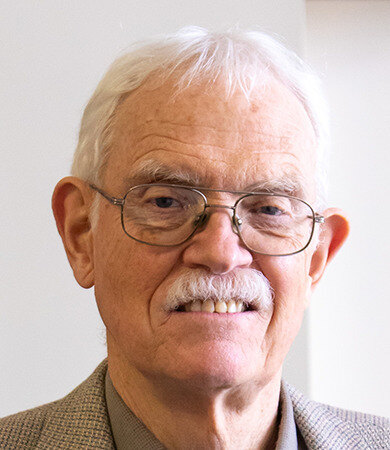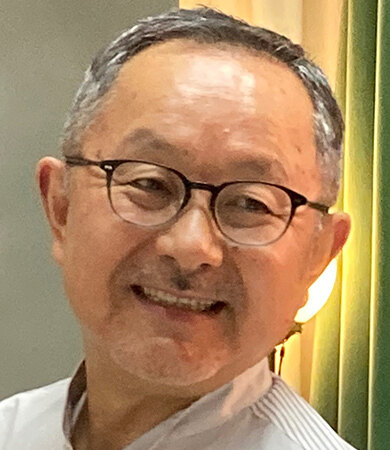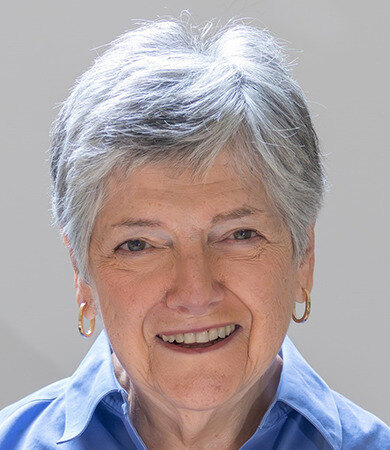2024 Award Recipients
Jacquelynne Eccles
University of California, Irvine

APS Fellow Jacquelynne Eccles is a Distinguished Professor of Education at the University of California, Irvine. Her research interests include academic motivation and achievement, school and family influences on adolescent development, and gender and ethnicity in STEM fields. She has propelled our comprehension of how adolescents’ drive for achievement evolves within their sociocultural environments and has conducted several substantial longitudinal studies on children’s motivation from school years to adulthood. Her research on after-school activities led to a seminal National Research Council report outlining the most effective ways these activities can meet the developmental needs of adolescents. Eccles’s Expectancy-Value Theory (EVT) of motivation has become one of the most influential motivational theories in educational and developmental psychology, and her contributions have left an indelible imprint on global programs and policies aimed at enriching the lives of children and youth. A member of the U.S. National Academy of Education, Eccles is a recipient of a 1996 APS James McKeen Cattell Fellow Award and the Society for the Study of Human Development’s Distinguished Lifetime Contribution to Research award, among others.
Henry Wellman
University of Michigan

Henry Wellman is the Harold W. Stevenson Collegiate Professor Emeritus of Psychology at the University of Michigan. Wellman’s research on children’s development of theory of mind has had a profound impact on developmental psychology, reshaping our understanding of cognitive growth, and his exploration of cultural variations in cognition has highlighted the intricate interplay between individual and societal influences. His extensive publication record includes over 200 journal articles and five books, including Making Minds: How Theory of Mind Develops (2014), which won two academic book awards, and Reading Minds: How Childhood Teaches Us to Understand People (2020). Wellman’s seminal work has garnered immense recognition and has earned him the distinctions of Fellow of the American Academy of Arts and Sciences and APS Fellow, among others. His dedication to nurturing young talent was recognized with a 2022 APS Mentor Award, and he is an APS Charter Member.
Shinobu Kitayama
University of Michigan

Shinobu Kitayama, the Robert B. Zajonc Collegiate Professor of Psychology and Research Professor of the Research Center for Group Dynamics at the University of Michigan, is a pioneering leader in socio-cultural psychology. His exploration into the cultural diversity of mental processes positions him at the forefront of this evolving field. Since establishing the field’s foundation with a seminal paper with Hazel Markus, Kitayama has consistently inspired both students and fellow researchers alike. His studies spanning cultural neuroscience to varying forms of interdependence in non-Western societies continue to reshape the psychological understanding of culture. His transformative contributions to psychology have been recognized with a Guggenheim Fellowship, the Alexander von Humboldt Foundation Research Award, and the Distinguished Scientific Contributions Award from the American Psychological Association. A Fellow and Charter Member of APS, he also assumed the role of APS President from 2020 to 2021.
Lynn Hasher
Rotman Research Institute at Baycrest Centre

Rose Zacks
Michigan State University

Lynn Hasher is professor emerita in the Department of Psychology at the University of Toronto and a Senior Scientist at the Rotman Research Institute at Baycrest Centre, and Rose Zacks is professor emerita of cognition and cognitive neuroscience in the Department of Psychology at Michigan State University. APS Fellows and Charter Members, long-time collaborators Hasher and Zacks have given us invaluable insights into our comprehension of cognition, leading the way with both theoretical and empirical contributions in addressing individual and age-related differences in cognition. Their willingness to transcend conventional viewpoints yielded the formulation of inhibitory deficit theory, which suggests that inhibitory control is the key element for many cognitive abilities, including working memory and language tasks. Their research has been recognized with numerous awards, including an NIH MERIT Award. Their labs have been dominant forces, and their collaborative efforts have shaped psychological science.

